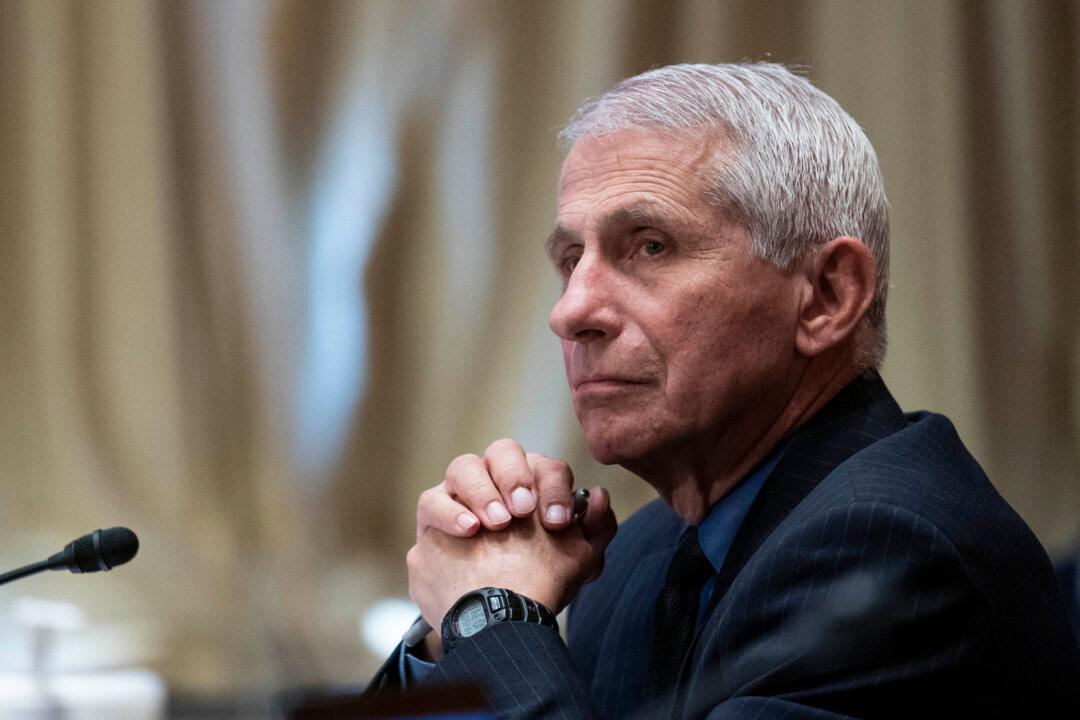Sen. Ron Johnson (R-Wisc.) has called on White House adviser Dr. Anthony Fauci to explain why his statements over the last year on the origin of the CCP (Chinese Communist Party) virus appear to have shifted.
In a May 27 letter (pdf), Johnson wrote that Fauci’s level of confidence in the theory that the virus made a natural jump to humans appears to have dropped, and called on the director of the National Institute of Allergy and Infectious Diseases (NIAID) to explain the rationale for this shift by June 10.





